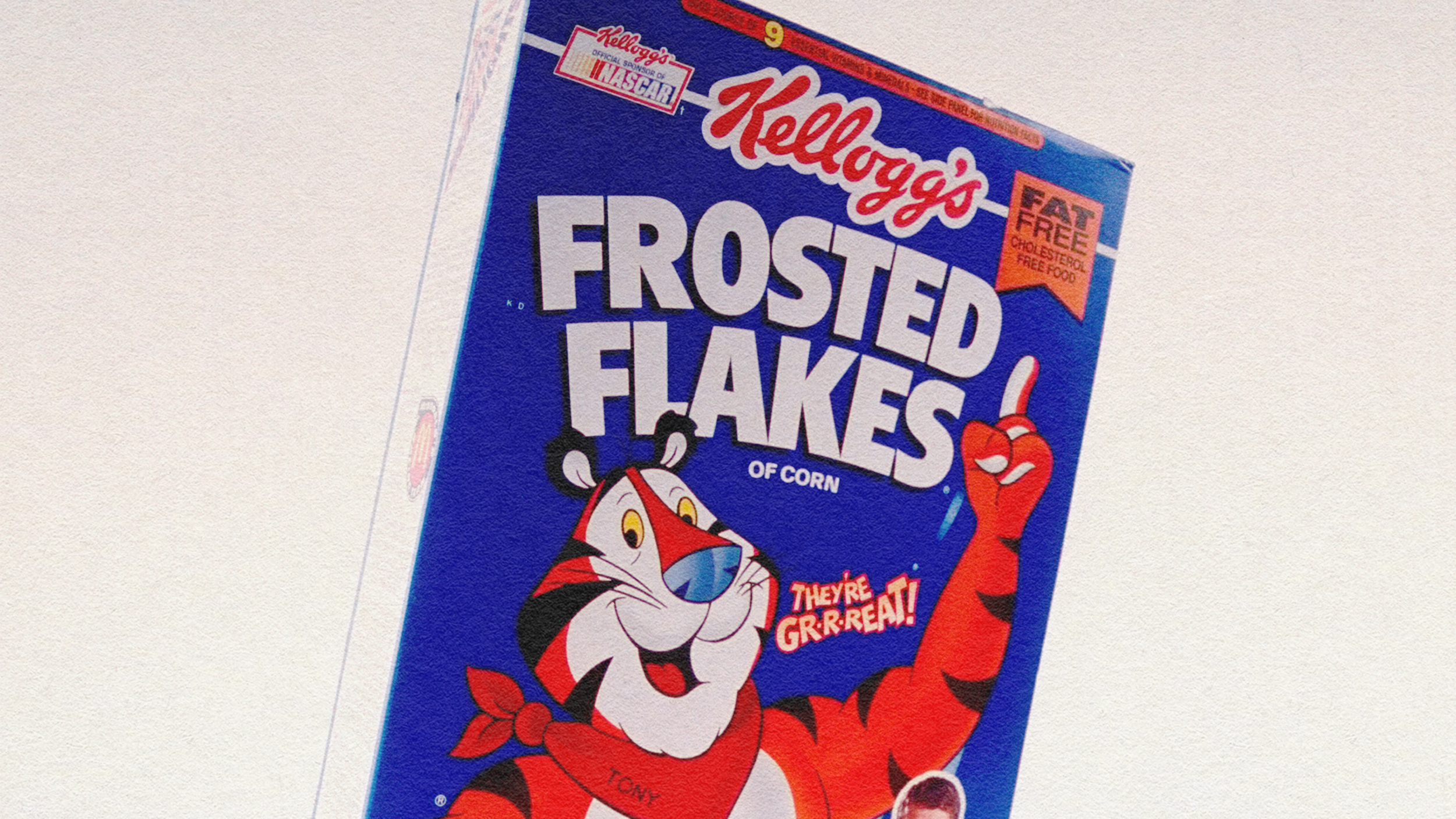The greatest global threats to health can be divided into two categories, explains epidemiologist and former head of philanthropy at Google, Dr. Larry Brilliant: there is the biological, and the socio-political. In the last 30 years, there have been at least 30 heretofore unknown viruses that have jumped from animals to humans, for worrying reasons Brilliant attributes to modernity and our increase in animal protein consumption. Still, the socio-political threats are the more immediately dangerous. There are centrifugal forces at play that are pushing society to two extreme camps. The domestic and global division caused President Trump’s ‘America First’ mentality and disregard for public health leaves us vulnerable to new viruses that, if they aren’t detected early enough, could be the next pandemic. “Right now because of the re-organization and nationalism… and dislike for the United Nations and its agencies, I think we’re in a period of grave vulnerability,” says Brilliant. Larry Brilliant is the author of Sometimes Brilliant: The Impossible Adventure of a Spiritual Seeker and Visionary Physician Who Helped Conquer the Worst Disease in History.
Larry Brilliant is the author of Sometimes Brilliant: The Impossible Adventure of a Spiritual Seeker and Visionary Physician Who Helped Conquer the Worst Disease in History.
Larry Brilliant: If I were asked what are the greatest global threats to health today I would divide that into two parts. One, of course, would be the biology the Ebola, Zika, bird flu, swine flu world and I will talk about that. But far more than that are the kind of centrifugal forces that are pulling us a part as a nation, pulling us apart as a world, the deterioration of all of the international and national organizations that we depend upon to keep us safe. The World Health Organization, which failed to protect the world against Ebola and didn't do a great job on Zika either and it will have a new leader in May of this year. There are a couple of candidates who are terrific and some that aren't so good, but either way WHO is going to be going through a period of years of introspection and re-organization.
We have a new Secretary General of the UN. He's a good guy. He's from Portugal, Gutierrez. He just started. It will be a while before he can find all the bathrooms in the UN buildings. We've just lost the head of CDC. We have a new acting head of CDC, who is also good. But CDC will go through a headless period. And then we have Trump and we have a White House which would almost reflexively discard anything that had the word of public in it and one of those words is public health. And they have not shown a keen interest in pandemics. And the whole idea of America first, which might be good for many things, is singularly not good for a global pandemic. It's an oxymoron. It doesn't work. These centrifugal forces that put us in a period of vulnerability are the gravest threats.
On the biology side, in the last 30 years we've had 30 novel here before unknown diseases that jumped from animals to humans, they're almost all viruses. In addition to Ebola and Zika and bird flu and swine flu we have coronaviruses like SARS and MERS, we have arboviruses and a lot of other viruses that continue to jump at the rate of about one a year. That rate is increasing slightly. I don't think it's increasing at a catastrophic rate. The causes of its increasing are that animals and humans are living in each other's habitat now more than ever. Part of that is the clear cutting of forests to grow soybeans and things of that nature. Another reason is that as countries have gotten slightly more wealthy they begin to consume more protein and more animal protein.
I remember when I work at a Google I gave a talk to 3000 young Indian Googlers in Hyderabad and I asked them to raise their hand if their grandparents were vegetarian. They all raised their hand. Then I asked them to raise their hand if their parents were vegetarians and about half raise their hand. And then I asked them if they were vegetarians and no one raise their hand. And I think that's leads to the increase in chickens and pigs that we've been saying in China and India, not pigs so much in India. And that means the kind of way in which Asia houses and farms are all together and you can go to Laos and see a pancake house that has pigs on the ground floor, chickens in the middle, and humans up on top. When pigs are eaten what's left to them is fed to the chickens, and when the chickens are eaten what's left of them is fed to the pigs. And of course everything is fed to humans. That's like a natural virus experiment. You really wouldn't want to do that if you were trying to keep the world safe from viruses.
So we are having more viruses jump from animals to humans for lots of different reasons related to modernity. And normally our ability to protect the world keeps apace with that, maybe even is a little bit ahead and every year we're a little bit safer. That's not true right now. Right now because of the re-organization and nationalism and re-organization and dislike for the United Nations and its agencies I think we're in a period of grave vulnerability. So it's those two things together.






